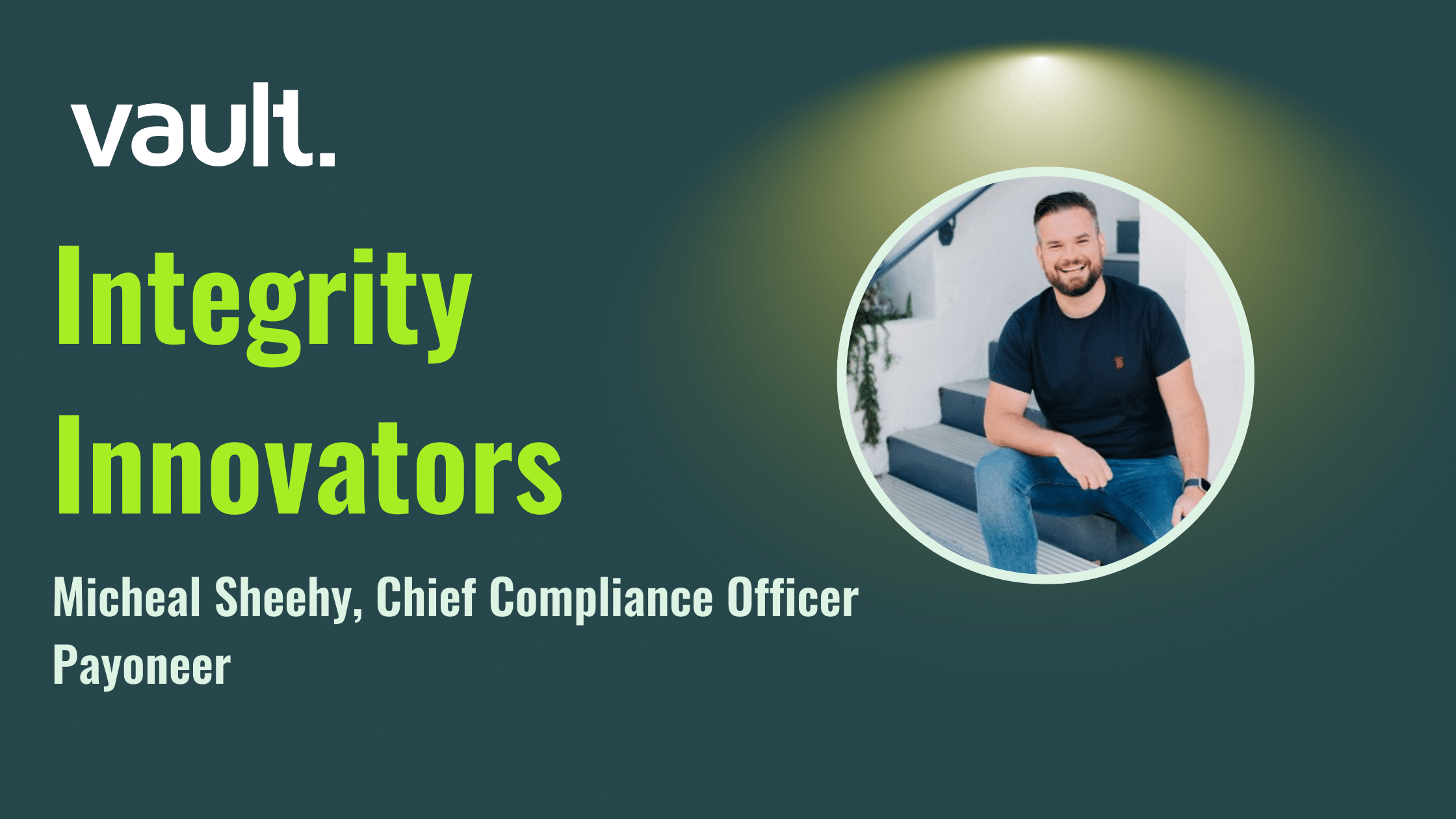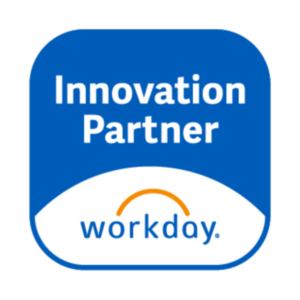Traditionally, the functional aspects of HR – such as recruitment and selection, appraisal, and compensation management – were the main functions of the job and they didn’t focus on particularly human values. This was compounded by the ‘growth-at-any-cost’ mindset, which again focused on less human values and more commercial values.
But more recently these sentiments have been counterbalanced with the rise of the ethical organization, underpinned by the cultural shift we are seeing through movements like #metoo and #timesup.
In a recent article, following a two-day senior CHRO Summit with the UC Berkeley Haas Business School, Josh Bersin wrote about the difficulties facing today’s CHRO. Running HR is hard enough operationally, balancing hiring, onboarding, and pay among a multitude of other tasks but the most important issues to address are more nuanced and less tangible. Creating a healthy culture is about more than just company benefits and regular promotions.
Bersin referred to Melanie Collins, the CHRO at Dropbox who said employees would much prefer a focus on the job itself and said she was “surprised by how the “seemingly important” benefits like free massages were not what people really wanted.”
Today, HR is about listening to and empowering people individually. A big part of this is demonstrating that their concerns are taken seriously, irrespective of their position or role.
What constitutes “happiness” in the workplace has much less to do with “perks” as an add-on, but more about inherent values such as empathy, compassion, social connection, trust and accountability.
With scale often comes an erosion of these values, and of course scaling a Perkbox subscription is easy, but it is mastering the art of actioning these human values that is ultimately key in nurturing and retaining talent (as well as protecting against reputational damage – as seen most recently with Google and Lloyds of London).
So how do you create and maintain a Speak Up culture in your organization? We’ve broken it down to three main components:
- Make the process of voicing concerns more human: this starts with transparency (people knowing who will deal with their concern) and security (a sense of security for employees at their most vulnerable). When you scale, technology can be a key way to do this.
- Give people agency: let people control the flow of this sensitive information so they can process what happened in private and easily share when and if they feel ready.
- Stop outsourcing: you might think people would rather talk to an outsider about work-related issues, this is a common assumption. What they actually need is help and intervention – and that can’t come from an external person paid to take calls on your company’s behalf. To build trust, people need to know that their case is being managed by someone who knows the company and possibly the parties involved.
It’s true that being “diverse” and “inclusive” varies widely from place to place but Bersin brought a new word to the fore in his article: “identity.” Each and every individual in an organization should have the ability to “be themselves”. This simple tenet is core to D&I.
For forward-looking, growing and evolving organizations, HR is more than just copy-pasted values. For healthy culture to thrive, it must be clearly defined, understood and executed. People must feel that they are not only able to express themselves but that their concerns are actually heard and resolution prioritized. And to do this we must be more human.




